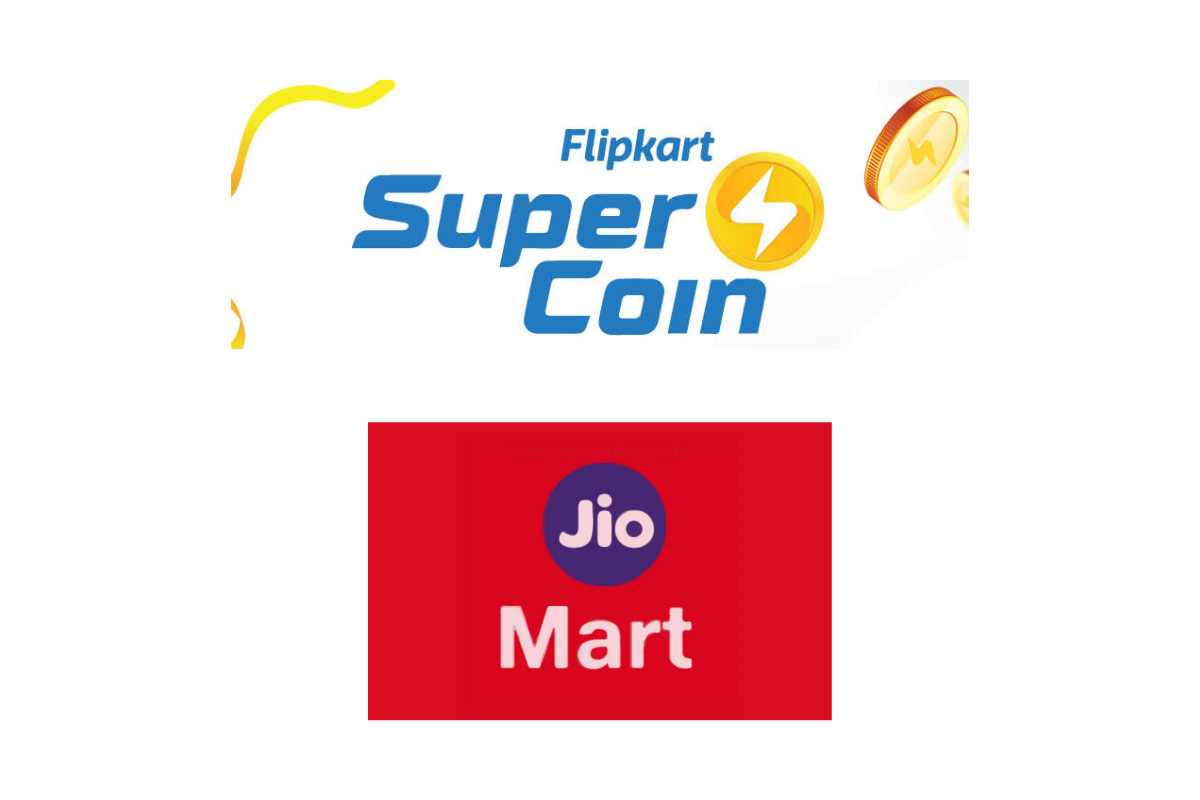The end of brick and mortar stores?
This week we covered the current status of offline retail and the impact of Covid. This article also talks about the scope of social e-commerce and its importance. Check it out!
Hey reader 🙌 , I am Vaibhav, a budding engineer with an aim to make news more compelling and consumable for everyone.
Isn't it funny how the most elementary ideas can be delved in to discover a plethora of complex extrapolations? Engineer Explains is all about simplifying complex concepts and ideas for a layman while discovering novelties throughout the process.
Click this button 👇 to find us from the comfort of your inbox! 📧
Today we are going to talk about Brick and mortar stores, and for the sake of our attention span, we will limit this discussion to retail stores. I have been meaning to write on this topic particularly for a while now (even before covid), Even before the pandemic, offline commerce was not in great shape (globally), they had already been struggling with marginal profitability and declining footfall.
Consider this, an average trip to the grocery store takes upwards of 3 hours. Being from an Indian household, grocery shopping for me was like a bi-weekly field trip. We used to drive to this huge departmental store, I often got to move the cart around walking with my parents across aisles while checking through the items list. We also used to play this game of predicting the final amount for the bill, each member got to select a number and the closest one won. It was certainly an experience, moving to now when almost everything imaginable can be ordered to your doorstep.
But is offline retail dead? Well, let's have a look at some recent developments in the industry. Flipkart recently extended the redemption of its in-app currency - Super Coins in thousands of retail stores across the nation. Elicited from the sharp recovery from pandemic-led blows Birla owned More Retail aims to open 300 supermarkets and hypermarkets over the next three years, while Reliance Retail is looking for hundreds of properties for its Reliance Smart Point supermarket.
Let us start by understanding what exactly is retail? In its most elementary definition, retail is the selling of goods to consumers directly across channels. Retail as an activity is very historically significant and was essential in the transition of humans from hunters and gatherers to being a part of civil societies. People have been known to exchange goods since inception, in fact, the first traces of currency date back to 3000 BC in Mesopotamia. Further down the line, retails markets were formed in ancient Greece by 800 BC, where people used to visit not only to shop but to also socialize and participate in government decisions.
Shopping since has been a social activity. So the next time your mother starts gossiping with a friend while shopping, understand that this behavior has been instilled down countless generations. The concept of online shopping on the other hand is based on feasibility, efficiency, and saving time. Online shopping although has brought a shift in consumer behavior and has transformed the customer experience completely. But it has not been able to emulate the social experience associated with offline retail. The personal experience of interacting with the sales staff, the product, and a trip with family is still banked upon by retail stores across the globe. This is my opinion is why influencer marketing and more importantly micro-influencer marketing are successful. And is the reason why the mammoth social media platforms Facebook, Instagram are now introducing social e-commerce. Bengaluru-based Meesho is one of my homemakers, small entrepreneurs, teachers, and students to sell goods through social media platforms.
This festive season, India’s top two web retailers Flipkart and Amazon clocked combined sales of Rs 31,000 crores. The average order value of Flipkart was about Rs 1900 versus Rs 1,461 for Amazon. These numbers reflect that Indian consumers are still wary of buying expensive items online.
Quoting an interesting article by business because “It’s all too easy to pit physical and online stores against each other. If brick-and-mortar stores are going to survive post-pandemic, they need to remove that distinction”. Even Prakash Sikaria (VP, Growth, and Monetization at Flipkart) was found saying “The lines between online and offline shopping are becoming increasingly blurred, and our intention is to make the consumers’ shopping experience more rewarding, no matter where they shop” in a statement.
We believe it is not the end of offline retail, rather it is an evolution of the industry. Let us know about your take on the topic below! Until then...
Enjoyed the read 📰? Help us reach our audience by forwarding this email or click the button to share EE on social media!







